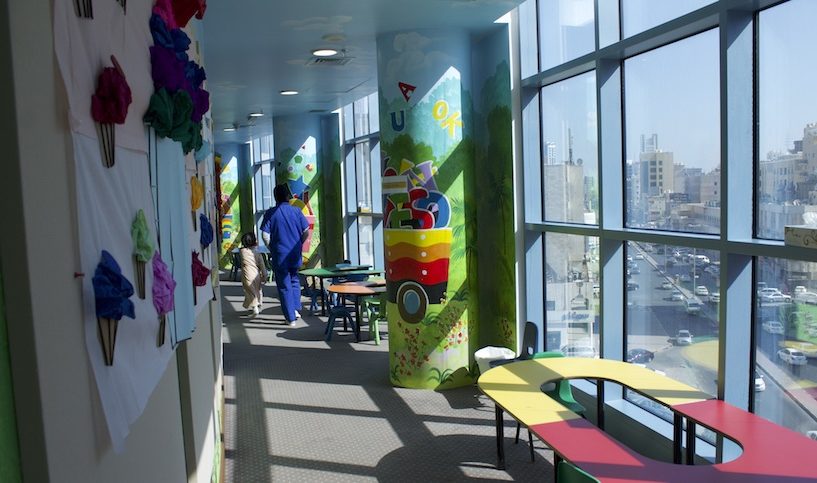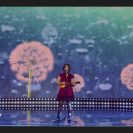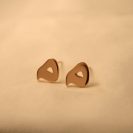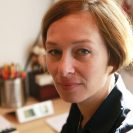Author Naomi Wolf once said that “obstacles are a developmental necessity: they teach kids strategy, patience, critical thinking, resilience, and resourcefulness.” The children at the SADA educational center are an embodiment of that statement.
SADA is a non-profit organization that helps educate and provides support for children who have had cochlear implants. Cochlear implants are electronic devices surgically implanted into the inner ear. They don’t restore normal hearing, but create a representation of sounds. The implants themselves are quite visible. One part sits on the ear like a hearing aid, and a small button-shaped piece is attached to the skull. Unlike hearing aids, that amplify sound, these devices bypass the damaged part of the ear and directly stimulate the auditory nerves.
The children need to learn how to use the information they are getting from their implants to understand language and speak. If they had already learned sign language, they need to stop depending on it and rely on their auditory abilities. This is sometimes challenging for them and their families, which is why SADA’s support can be so indispensable. While SADA mostly works with the kids, they also hold workshops to help parents better understand the process and mirror the efforts being done in the center at home.
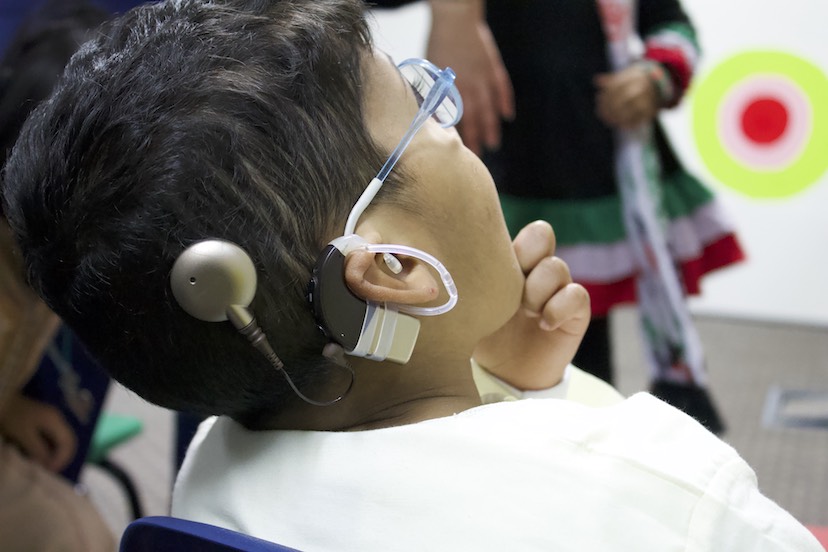
The center has been operating for seven years and runs two morning programs in addition to their evening out-client sessions. All of their services are individually tailored to help the children adapt to their devices as well as navigate the world around them.
The first program is aimed at children from birth to three years. Attendance is three days a week. Three to six-year-olds have a ve-day schedule similar to most pre-schools. One-on-one sessions in the afternoons are aimed to give extra support for children aged six to thirteen.
Their end goal is to have their students ready for full integration into the regular school system and society by the time they graduate. The teachers, speech therapists, counselors and even an occupational therapist work together and create plans for every child to help advance their auditory and language abilities.
They have created an in-house evidence-based system that is part play, part education, and part therapy. This has also helped keep the program culturally relevant which is very important when working with children. SADA has a research division which continuously collects and analyzes data. This keeps the center at the cutting edge of what is best for advancing their students. The classes are designed to be joyful and fun, in an environment that promotes listening and speaking. Happy children, after all, are better and more engaged learners.
The experts at SADA believe that parents are instrumental to their children’s success. Parents are provided with training that helps prepare them for the task ahead. They learn how to optimize listening experiences and create purposeful language stimulation with their children. This doesn’t just scaffold the kids’ development, growth and education, it improves the quality of life for the whole family.
I was impressed to find out that they also teach English as a second language. Using rhyme, songs, dancing, stories and pretend play they are successful. It almost seems overwhelming expecting such young children to manage to learn all of these skills at once. But they do, and they love it. It doesn’t hurt that they also get eld trips and themed days where they can dress up and be pretend policemen or surgeons while they learn.
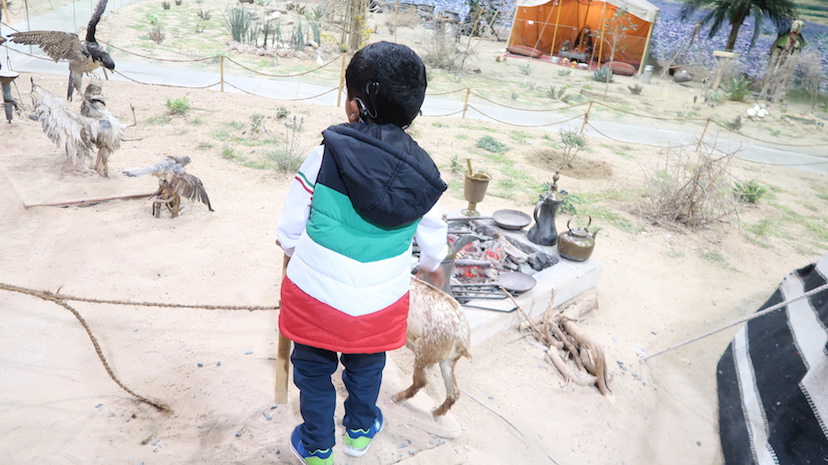
We never give it much thought, but being able to hear is such an important part of learning. Children learn their native languages just by listening to their parents and the people they are in contact with. Most of the instruction in pre-school is verbal. With impaired-hearing, it is definitely a challenge. Yet, everyone I met at SADA was very proud that their children have gone on to excel academically at school.
I got to meet the children. They are all bright-eyed, cheerful and extremely curious. Ready to smile at the camera and show me their beautiful costumes. I visited on the day they were celebrating National Day. They twirled, laughed, and pointed to their dresses and dishdashas. One little boy even did a little dance with his plastic sword.
I have avoided using the word inspirational because many disability advocates dislike it. And it feels disrespectful to label a community in a way that makes them uncomfortable. But, I still do believe that being able to see different impairments in a positive light helps normalize them and helps their inclusion in society. But these children and the wonderful people who have dedicated their time, effort and hearts to them are inspirational. And more than that, I felt hopeful, for the future and these obstacle-bashing children.
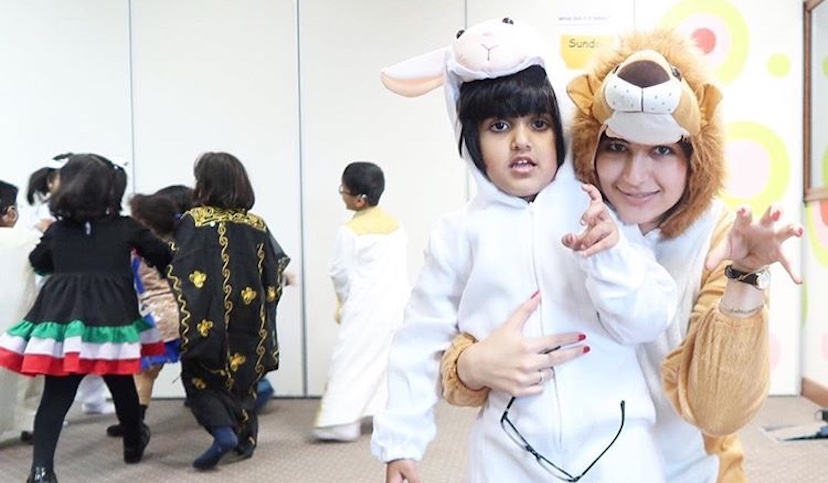
SADA provides their services completely free of charge for all residents and is funded by the Kuwaiti Awqaf Foundation. To find out more about their great work check their website www.sadacenter.org or follow them on Instagram @sadacenterkw.

